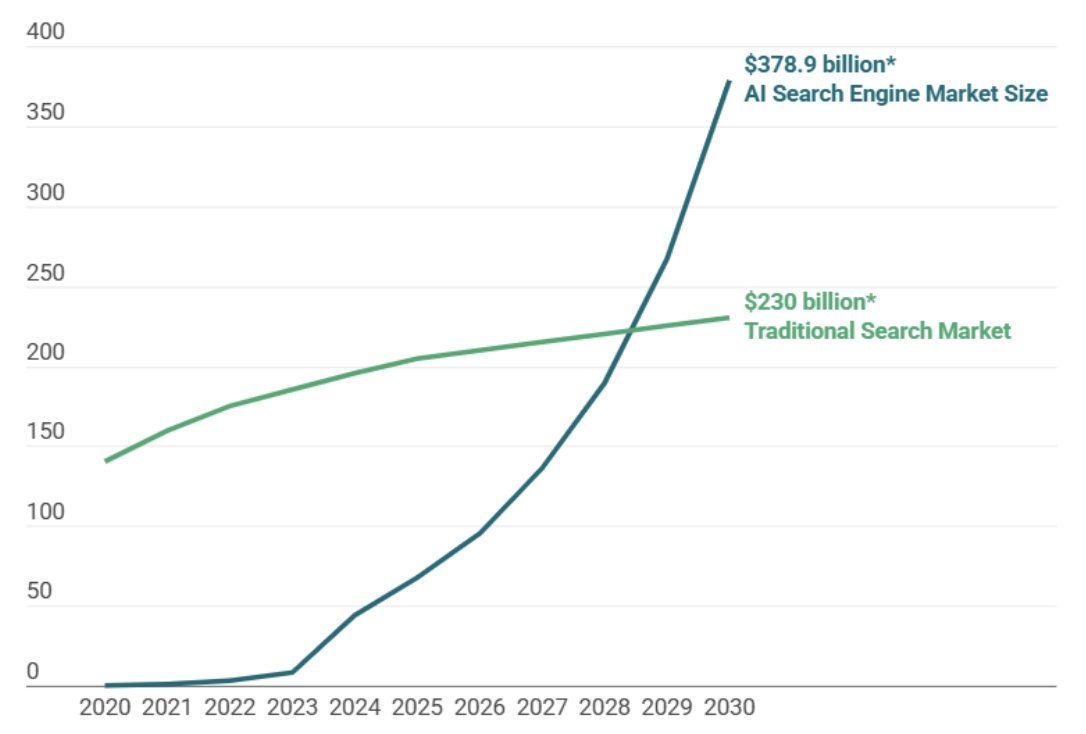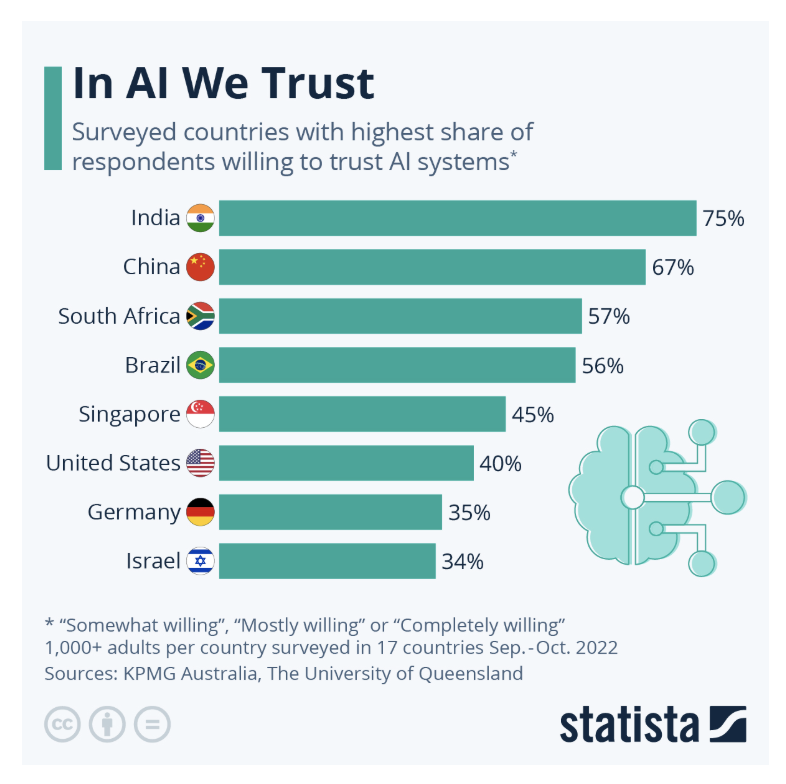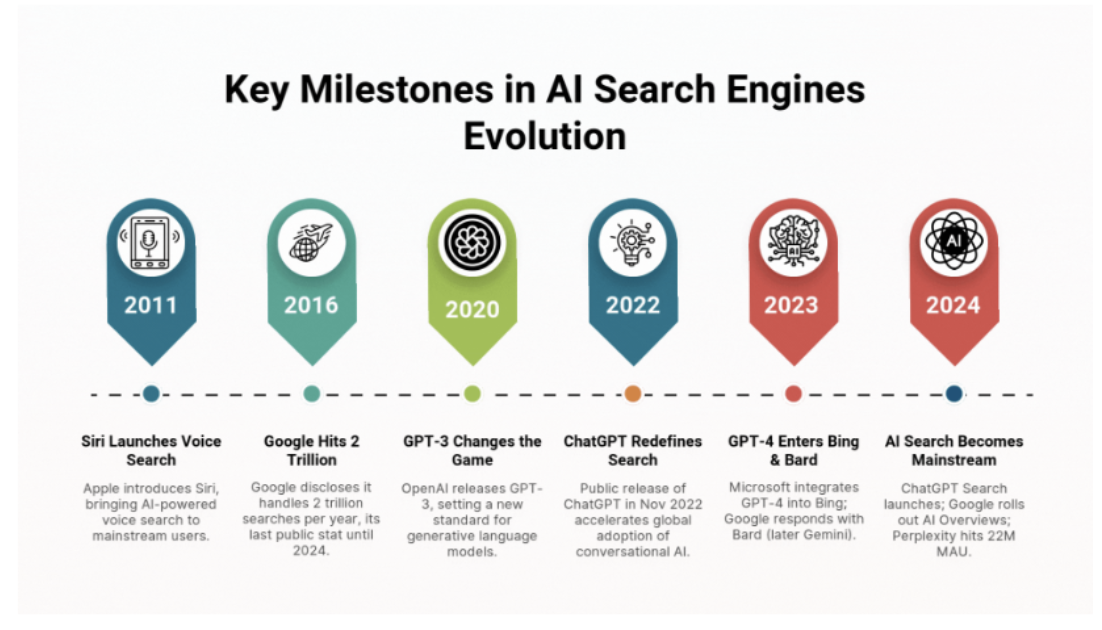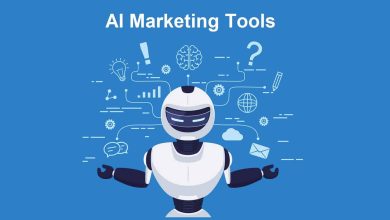
Search is changing, but not how most headlines describe it. While terms like “smarter” and “faster” dominate, they don’t capture the essence of the fundamental shift in search technology. The industry is moving beyond keyword-matching to systems that fully understand user intent.
Despite breakthroughs, users still rephrase queries, switch tabs, and dig for clarity that should be delivered upfront. This constant fragmentation reveals that search remains optimized for mechanics rather than meaning. Marketers, in turn, continue to optimize for an outdated model of search that no longer reflects how people think, ask, or explore.
Working on AI strategy and deployment in Asia-Pacific, I’ve seen the shift happen firsthand. Solutions grounded in user behavior, ethical personalization, and trust outperform those focused only on surface innovation.
We don’t need another upgrade. We need to move from matching keywords to understanding context, and from isolated answers to intuitive, multimodal conversations. AI is the engine enabling this shift, changing how users discover information at every level, often involving multimedia like images and files.
This article explores what that shift means for developers, marketers, and platforms and how to prepare for a future where search acts less like a tool and more like a trusted partner: one that understands, guides, and evolves with the user.
From Queries to Conversations: The End of Static Search
Google’s roll out of features like Circle to Search, Lens, and AI Overviews is not an incremental upgrade; it’s a fundamental redefinition of discovery.
The landscape is evolving fast. Google is alone in this transformation. Industry players like ChatGPT and Perplexity are reshaping user expectations with visual and voice-based search experiences that mimic natural conversation. As highlighted in a scholarly study, users are showing a marked preference for search systems that reduce friction, offer multimodal results, and respect their time.
This shift in how people interact with search was something I discussed in a podcast conversation. Users today aren’t just typing queries; they’re circling images, layering questions, and expecting systems to understand intent, not just keywords.
This is less about market competition and more about building relevance and trust. For marketers and developers, that means designing for dialogue, not just delivery.
Accuracy, Helpfulness, and Trust Are Core
Trust and safety must be built into every layer of AI-powered search – Summit Art Creations | Shutterstock
In client workshops, one issue always stands out: accuracy isn’t optional; it’s foundational. Yet teams still often overlook it.
A paper on arXiv captures the complexity well: while AI models can summarize, synthesize, and infer, their outputs must be grounded in traceable, verifiable truth.
At Google, AI Overviews go through rigorous testing for factual grounding, a discipline I’ve contributed to in our rollout strategy across high-demand APAC markets. Building helpful systems requires more than technical capability. It requires judgment about what the system should do. That distinction – between technical capability and judgment – must guide every design decision from system output to user interface if we want to build responsibly at scale.
Personalization Is Power, But Only When Done Right
No two users are the same, yet for years, search results have been mostly one-size-fits-all.
We are now seeing a shift toward AI-driven personalization that considers intent, history, tone, timing, and mood. This shift is already underway. According to McKinsey, companies that excel at personalization generate 40% more revenue from those activities than their counterparts.
But personalization at scale isn’t easy. In diverse markets like Asia, one major challenge is improving relevance without compromising user privacy. That’s why in my work, we’ve prioritized contextual intelligence over static demographic targeting. For marketers, this means moving from static personas to dynamic signals that evolve with every interaction.
Scaling AI to Billions Responsibly
We often talk about scale as a badge of honor, billions of users served. In leading AI adoption programs across markets like India, Indonesia, and Singapore, one set of questions consistently surfaces: Can this scale? And more importantly, can this scale safely?
To build at scale without compromising integrity, governance becomes critical. Systems that impact billions must be audited, explainable, and safe by default. The Gartner Magic Quadrant report on product discovery platforms reinforces this by highlighting the need for transparency, governance, and ongoing evaluation.
These are principles we must take seriously, not just internally, but in how we guide our clients.
Sometimes, we may delay a rollout until the system is safe and valuable, or audit data pipelines before expanding. These decisions build long-term trust and distinguish sustainable AI deployment from short-term launches.
Empowering Everyone, Not Just a Few
AI chatbots bring search closer to everyone, right from their phones – TippaPatt | Shutterstock
What excites me most about this moment in AI is its potential to democratize discovery, not just optimize it. We’re moving from exclusive to inclusive. AI search no longer caters only to the tech-savvy. It’s becoming more intuitive and accessible for everyone.
Inclusive AI has already begun reshaping access in underserved communities. In areas with varying levels of digital fluency, voice-based search in local languages has helped people access essential services like banking and business tools, even during their first online experiences. That kind of impact is hard to forget.
This topic of AI as an equalizer in discovery came up again in a follow-up podcast conversation. The discussion focused on how inclusive AI design can empower users of all ages, languages, and levels of digital fluency.
And it’s not just anecdotal. A peer-reviewed study published in Springer’s Human-Computer Interaction journal shows that conversational interfaces significantly reduce cognitive load, making search more accessible for people across age, education, and tech-literacy levels.
Whether you are a digital native in Tokyo or a first-time smartphone user in Manila, search is becoming less about digital fluency and more about human conversation.
Why This Redefinition of Search Matters And What’s Next
Search is transforming from a transactional tool to an intuitive partner. That’s not just an upgrade; it’s a redefinition that requires platforms to evolve from delivering results to delivering relevance.
As Elizabeth Reid, VP & GM of Search at Google, put it,
“Search will always be core to how people find information, but it’s changing. It’s becoming more personalized, intuitive, and helpful, and that’s the most exciting evolution I’ve witnessed.”
That evolution demands a new set of responsibilities from marketers, product teams, and builders. As outlined in Google’s update on Search’s AI Mode, AI isn’t replacing search, but redefining how people start and engage with it, favoring exploratory, multi-step journeys over static queries.
We have to design for this, not fight it. That means:
- Create helpful content, not just keyword-dense
- Build experiences that anticipate user needs
- Evaluate tools by relevance and impact, not only by reach
Recent industry insights from All About AI show that AI-driven search engines are projected to nearly double the market size of traditional ones by 2030. That growth signals a future we need to prepare for now. Delaying action risks more than rankings; it risks long-term trust and relevance.
The Responsibility We All Share
Being embedded in both strategy and deployment across diverse markets has made one truth clear: AI search is powerful, but that power comes with responsibility. The systems built today are shaping more than search behavior. They are influencing how people seek clarity, evaluate truth, and make everyday decisions.
This is not only about how technology scales. It is about whether our values scale with it. Whether it’s a student in Jakarta searching for scholarships or a parent in Sydney exploring healthcare options, their journeys are now shaped by AI. The design decisions behind those experiences ripple far beyond the interface.
Getting this right requires more than technical innovation. It demands clear intent. Accuracy, inclusion, context, and trust must guide every decision. They must be embedded at the core.
Whether you’re building the next wave of discovery or crafting the strategies behind it, the future belongs to those who prioritize relevance, understanding, and trust, not just intelligence. The future of search won’t depend on the most innovative systems but on the ones designed with human needs at the center.
Build with understanding. Build with trust. Build for all.
References:
- Benk, M., Kerstan, S., von Wangenheim, F. & Ferrario, A. (October 2, 2024). Hallucinations of generative AI: What are they and how can we make sense of them? AI & Society. https://link.springer.com/article/10.1007/s00146-024-02059-y
- Boudet, J., Gregg, B., Rathje, K., Stein, E., & Vollhardt, K. (June 18, 2019). The future of personalization—and how to get ready for it. https://www.mckinsey.com/capabilities/growth-marketing-and-sales/our-insights/the-future-of-personalization-and-how-to-get-ready-for-it
- Huynh, M.-T. & Aichner, T. (2025, May 6). Hallucination in generative AI: A review and research agenda. AI & Society. https://link.springer.com/article/10.1007/s00146-025-02378-8
- Munikoti, S., Stewart, I., Horawalavithana, S., Kvinge, H., Emerson, T., Thompson, S., & Pazdernik, K. (June 8, 2024). Search Agents for Language Model Alignment. arXiv. https://arxiv.org/pdf/2406.05496
- Padwal, S. (July 9, 2025). Gartner names Google a Leader in the Magic Quadrant for Search and Product Discovery. Google Cloud Blog. [Blog]. https://cloud.google.com/blog/products/ai-machine-learning/gartner-magic-quadrant-for-search-and-product-discovery
- Reid, E. (May 20, 2025). A new era for Search with generative AI. Google Blog. [Blog]. https://blog.google/products/search/google-search-ai-mode-update/#ai-mode-search
- Tilawat, M. (July 16, 2025). AI Search Engines: Statistics and Market Leaders. https://www.allaboutai.com/resources/ai-statistics/ai-search-engines/









